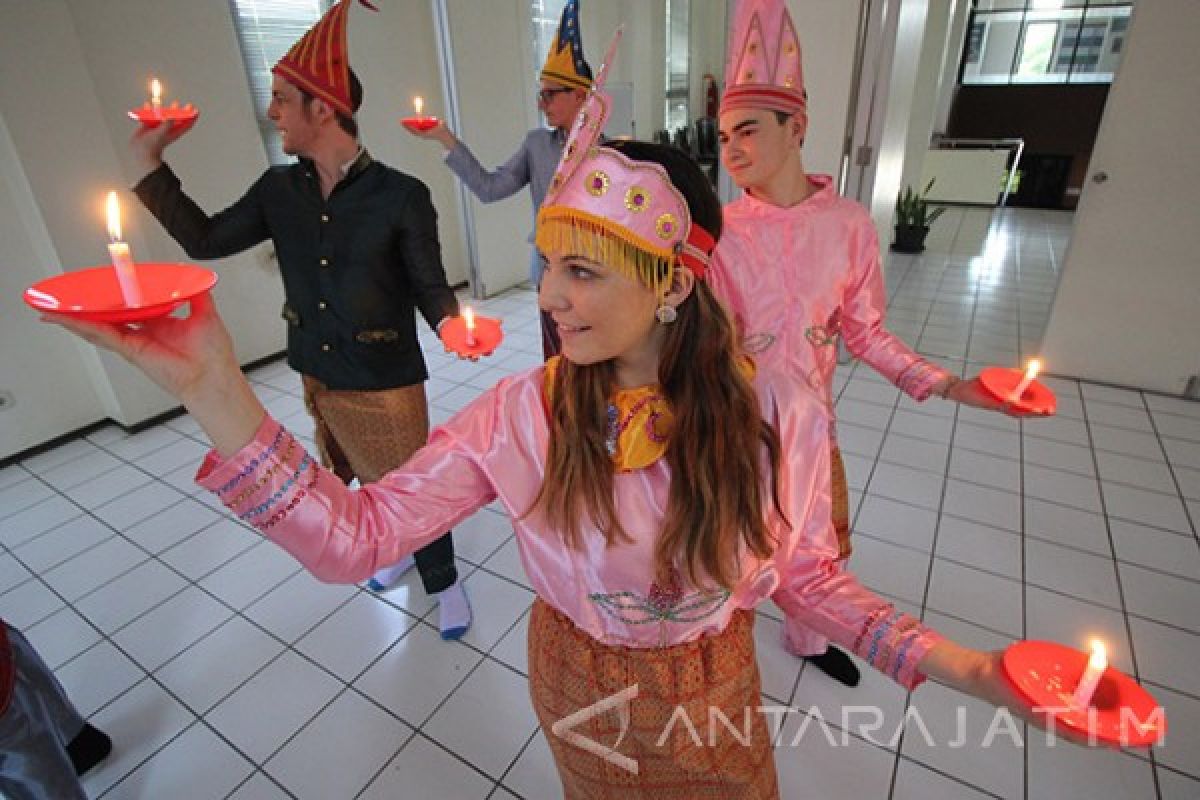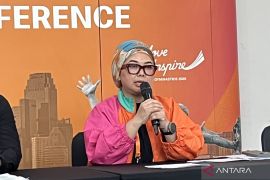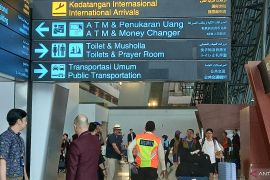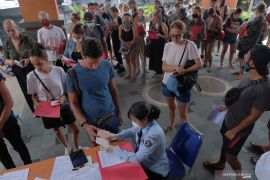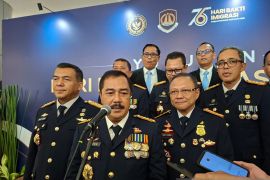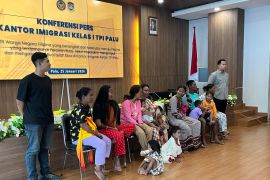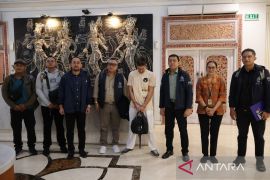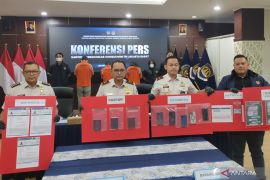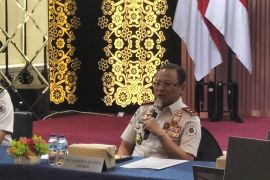Acting Director General of Immigration Yuldi Yusman said in a statement on Wednesday that stay permits under the new visa category, indexed as E30 (for non-formal education), can be granted for one or two years.
Applications can be submitted online via evisa.imigrasi.go.id.
"To apply, foreign nationals must have a guarantor — either an individual or the non-formal education institution they plan to attend," Yusman explained.
The new policy, effective July 15, is intended to support foreigners who wish to take language courses, vocational or professional training, or other non-formal educational programs to advance their careers.
Visa requirements are similar to those for other categories: a passport valid for at least six months, proof of sufficient funds to cover living expenses in Indonesia (minimum US$2,000), and a recent color photograph.
The government has set the fees for the E30 visa at Rp6 million for a one-year stay and Rp8.5 million for a two-year stay (US$1 = Rp16,287).
In addition, the immigration authority has extended stay duration options for formal education visas.
The elementary and secondary education visa (E30A) and the higher education visa (E30B) now include a four-year stay option.
"Previously, stay permits for formal education were limited to one or two years," Yusman said.
Applicants for the E30A and E30B visas may be sponsored by either individuals or accredited educational institutions.
The fee for a four-year formal education visa is Rp12 million. The fees for one- and two-year stays remain at Rp6 million and Rp8.5 million, respectively.
Yusman noted that Indonesia currently has 3,115 higher education institutions, including 125 public universities.
He expressed optimism about Indonesia’s potential to attract more international students. In addition to several universities being ranked among the world’s top 300, programs in cultural studies and humanities remain particularly popular among foreign learners.
"We hope this policy opens more opportunities for foreign nationals to pursue both formal and non-formal education in Indonesia. It also serves as a strategic step to boost Indonesia’s global competitiveness through the education sector," Yusman concluded.
Related news: Indonesia welcomes EU multi-entry Schengen visa policy
Related news: Indonesia grants visa-free entry to Brazil, Turkey starting July 3
Translator: Fath Putra Mulya, Primayanti
Editor: Anton Santoso
Copyright © ANTARA 2025
